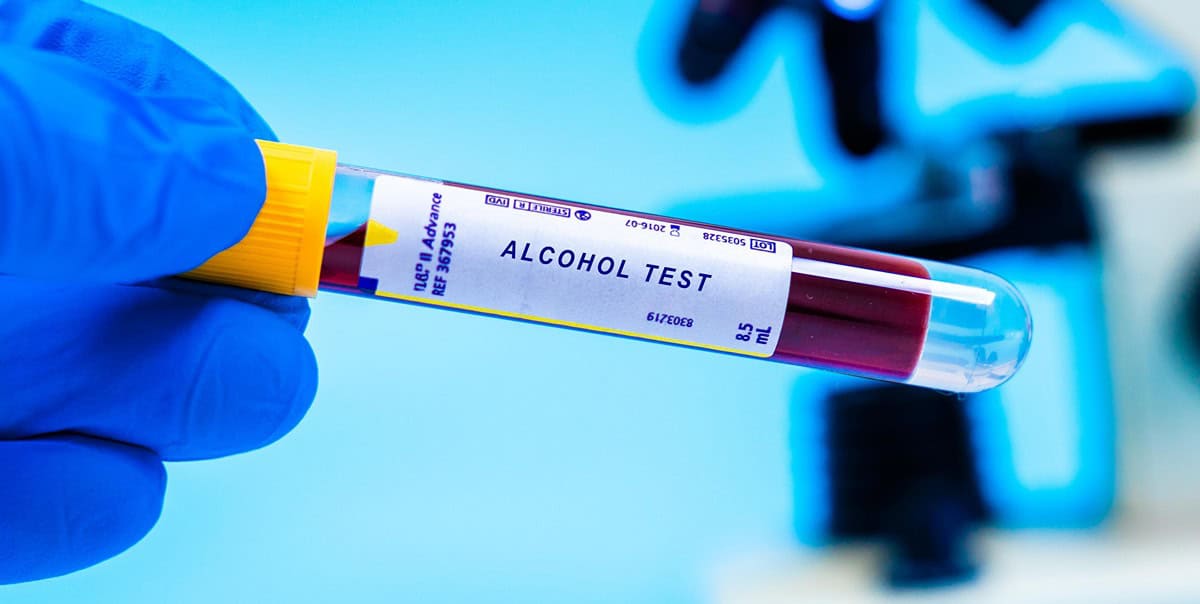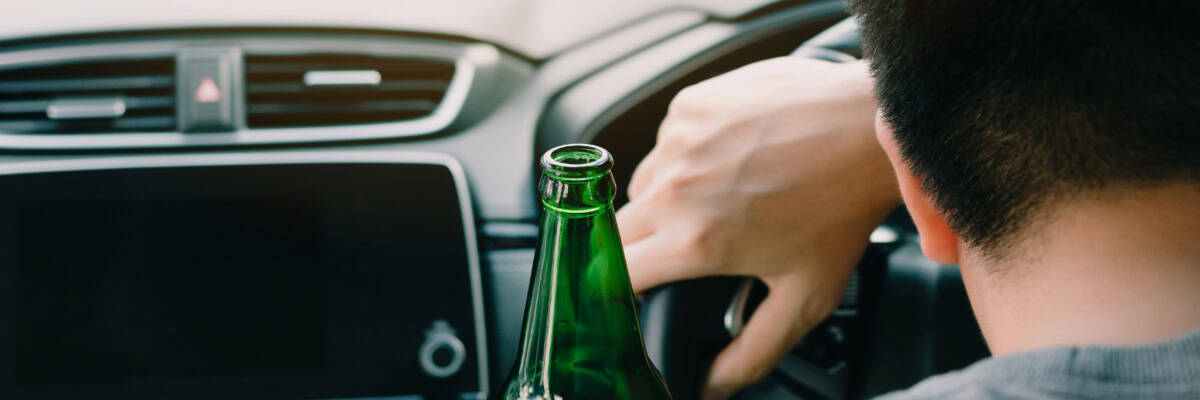Debunking DUI Myths in Arizona
Misconceptions about Arizona’s DUI laws,
are governed by Arizona Revised Statutes (ARS) 28-1381 to 28-1383.
These myths can contribute to poor decision-making, leading to avoidable legal complications and potentially weakening one’s defense in a DUI case. For both residents and visitors in Arizona.
In this article, we will explore the following topics:
- How Common are DUIS in Arizona
- DUI laws don’t apply if you’re riding a bicycle
- Refusing to take a breathalyzer test will not result in any consequences
- Common Myths About Tricking a Breathalyzer Test
- You can drive as long as you stay below the legal BAC limit of 0.08%
- How Arja Shah Law Can Help Defend You
How Common are DUIs in Arizona
DUIs are unfortunately common in Arizona. According to Arizona Revised Statutes (ARS) 28-1381, driving or physically controlling a vehicle while under the influence is illegal. This includes not just alcohol but also drugs and other impairing substances.
- In 2019, there were over 27,000 DUI arrests in Arizona.
- Contrary to popular belief, DUI cases happen more frequently during daylight hours than at night.
- Seasonal factors such as holidays also see a spike in DUI incidents.
According to the Arizona Department of Public Safety, nearly one-third of all fatal crashes in Arizona involve a drunk or impaired driver.
DUI laws don’t apply if you’re riding a bicycle
This is a dangerous myth. While Arizona Revised Statutes are more lenient towards bicyclists than motor vehicle operators in this context, DUI laws still apply.
Specifically, ARS 28-1381 does not expressly exclude bicycles,
meaning a person could technically be arrested for a DUI while riding one.
- Law enforcement can still charge you with offenses such as public intoxication or disorderly conduct.
- A DUI conviction on a bicycle might not carry the same penalties as a motor vehicle DUI, but the repercussions can still be severe.

Refusing to take a breathalyzer test will not result in any consequences
The belief that refusing to submit to a breath test comes without repercussions is a significant and dangerous myth.
Arizona Revised Statutes (ARS) 28-1321 states that Arizona operates under an “implied consent” law.
This means that by driving a vehicle, you automatically consent to a lawful request by law enforcement to administer tests for determining your blood alcohol content (BAC).
- Automatic License Suspension: If you refuse to take a breathalyzer test, your driver’s license will be automatically suspended for 12 months, or for 24 months if this is your second refusal within a seven-year period.
- Court-Ordered Testing: In certain cases, law enforcement can secure a warrant for blood testing if you refuse the breathalyzer. This means you could face the same DUI charges as if you had taken the test and failed, along with the penalties for refusal.
- Admissible in Court: Your refusal can also be used against you in court. Prosecutors can argue that your refusal indicates a consciousness of guilt, making it harder for you to defend yourself if charged with dui.
- Additional Criminal Charges: Refusing the test could potentially lead to additional criminal charges such as obstructing a police officer, depending on the circumstances of your arrest.
Common Myths About Tricking a Breathalyzer Test
You may have heard of ways to trick a breathalyzer test, such as using mouthwash, holding your breath, or eating spicy foods. These false myths can lead to severe legal repercussions if pulled over and run through field sobriety tests.
According to Arizona Revised Statutes (ARS) 28-1321, law enforcement officers are authorized to administer tests for determining blood alcohol content (BAC).
- Using Mouthwash to Mask Alcohol: Some people believe that using mouthwash can hide the smell of alcohol and affect the breathalyzer reading. However, many mouthwashes contain alcohol, which can increase your BAC reading rather than decrease it.
- Holding Your Breath Before Blowing: Another misconception is that holding your breathe can influence the BAC reading. In reality, this does nothing to alter the amount of alcohol in your blood and may even result in a higher BAC reading due to the concentration of alcohol vapors in your mouth.
- Eating Spicy Foods to Confuse the Device: Some think that consuming spicy foods can throw off the breathalyzer’s sensors. This is a myth. Breathalyzer technology is designed to measure alcohol content in the breath, and spicy foods won’t alter its accuracy.
- Putting a Penny Under Your Tongue: One of the oldest myths out there is that putting a copper penny under your tongue can somehow interfere with the breathalyzer’s function. This is entirely untrue, and attempting this could lead to additional charges such as tampering with evidence.
- Drinking Water to Dilute Alcohol: Some people think that drinking lots of water before taking a breathalyzer test will dilute the alcohol and result in a lower BAC. While hydration is generally good for you, it does not speed up the metabolism of alcohol in your system.
- Exercising to Sweat Out the Alcohol: Another misconception is that physical exertion can help you ‘sweat out’ the alcohol and thus lower your BAC. Unfortunately, this is not the case; exercise will not speed up the rate at which your body processes alcohol.
- Switching to Light Drinks Will Help: There is a belief that switching from hard liquor to beer or wine before driving can lower your BAC. However, it’s the amount of alcohol consumed, not the type, that affects your BAC.
- Using Breath Sprays: Some people believe that using breath sprays can mask the alcohol and help them pass the test. On the contrary, many breath sprays contain alcohol, which can actually increase your BAC reading when you blow into the device.
Remember, these myths are not only incorrect but relying on them can result in legal ramifications, including a DUI conviction. Breathalyzers are designed based on sound scientific principles and are not easily fooled by these or any other tactics.

You can drive as long as you stay below the legal BAC limit of 0.08%
While many believe that maintaining a Blood Alcohol Content (BAC) below Arizona’s legal limit of 0.08% makes it safe and legal to drive, this is a misconception.
According to Arizona Revised Statutes (ARS) 28-1381, you can be charged with a DUI if you are “impaired to the slightest degree,” even if your BAC is below the threshold.
Factors such as medication, fatigue, and food intake can influence how alcohol affects your ability to drive, regardless of your BAC level. Moreover, other types of DUI charges exist that don’t rely strictly on BAC, including impairment from substances other than alcohol or erratic driving behavior.
The bottom line is that a BAC below 0.08% doesn’t guarantee you’re free from risk or legal repercussions. The safest course of action is always to avoid driving if you’ve consumed alcohol or other substances that could impair your abilities.
How Arja Shah Law Can Help Defend You

If you’re facing DUI charges or have questions about Arizona’s DUI laws, as detailed in Arizona Revised Statutes (ARS) 28-1381 to 28-1383, Shah Law Firm stands ready to assist you. With a focus on DUI and criminal defense, the firm is dedicated to offering dependable advice and effective legal strategies for each client’s situation.
A free consultation is available to explore your case and the defenses that may be open to you. For professional guidance, feel free to contact us at (602) 560-7408.











